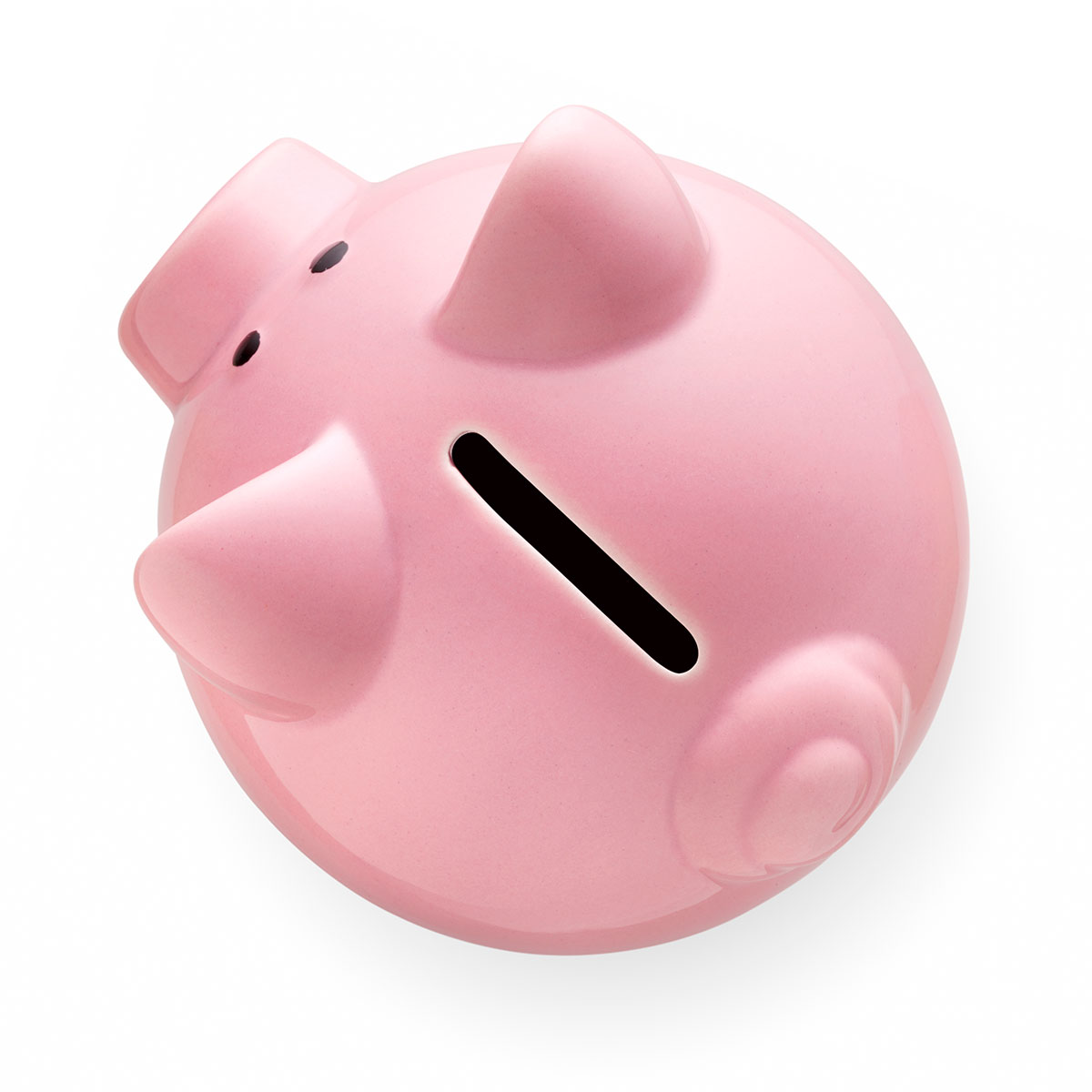We all know the saying, “There are two things you can be sure of — death and taxes.”What a lovely reminder, right? Although you can’t escape taxes (at least not without some hefty consequences, so please don’t try), there are some ways that you can reduce them, especially if you’re self-employed.
Paying for insurance of any kind can be very costly when you work for yourself. Take dental insurance for example. If you haven’t added up the numbers in a while or simply blocked them out of your mind, individual dental insurance policies can cost around $350 a year on average. Family dental insurance policies can cost around $550 a year. These amounts don’t include actual dental expenses; just the premiums.Fortunately, you may be able to deduct dental insurance premiums if you’re self-employed.Cha-ching!
Dental insurance tax write-offs
Before we dive in, keep in mind that you’ll want to consult your accountant or tax advisor to be sure that you’re eligible to deduct dental insurance premiums from your taxes. Most self-employed individuals who pay for dental policies out of their own pocket for themselves, their spouse, their dependents or their children who are under 27 years of age are eligible to deduct premiums for dental insurance.
Now, let’s take a look at a few dental insurance deduction rules and limitations.
- First off, you can only write-off dental insurance premiums for months that you or your spouse weren’t eligible to participate in an employer-sponsored plan.
- Dental insurance that is strictly for cosmetic purposes is not deductible; it must be used for preventative dental care.
- Dental insurance paid for with money from a Flexible Spending Account (FSA) or Health Savings Account (HAS) is not deductible. That’s considering double-dipping since those are pre-tax funds.
- The amount of dental premiums that you’re trying to write-off can’t exceed your earnings for that year.
- You don’t have to itemize your deductions to claim the write-off. Instead, the deduction is applied to your adjusted gross income (AGI), lowering your taxable amount.
- Only dental premiums in excess of 10% of your AGI (or 7.5% if you’re 65 or older) are eligible to be written off. That means if you’re 35 years old with an AGI of $80,000, the first $8,000 isn’t deductible. If you’re 65 years old with an AGI of $80,000, the first $6,000 isn’t deductible.
As you know, tax laws are often very complex and constantly changing, and these are just some of the eligibility rules and limitations regarding dental insurance premium deductions for the self-employed. For more information, consult the authority on the taxes, the IRS, or as mentioned earlier, your accountant or tax advisor.
Self-employed without dental insurance
If you’re self-employed and didn’t purchase a dental insurance policy because it was too expensive then you clearly aren’t eligible for the dental premium deduction. On the bright side, however, there is a way for you to get dental coverage at a fraction of the cost of dental insurance, and without having to worry about any tax write-offs. The answer? Join a dental savings plan.
Dental savings for the self-employed
Getting a dental savings plan is like getting a membership to a warehouse club, such as Sam’s or Costco. Membership fees start at just $80 a year and allow you to enjoy discounts between 10% and 60% off the cost of most dental procedures when you visit a participating dental provider. If you’re interested in getting a family dental savings plan, the cost starts at just $130 annually.
Plus, as stated earlier, you can’t write-off deductions for dental insurance premiums for cosmetic procedures, such as teeth whitening. If you’re self-employed and need cosmetic work done but don’t want to fall into a tax trap, a dental savings plan has you covered.
A dental savings plan offers deep discounts on all of the following areas of dentistry, some of which dental insurance won’t even cover:
- Basic/preventative
- Restorative
- Orthodontics
- Cosmetic
- Dentures/Implants
- Oral surgery
Plus, a dental savings plan is much more flexible than dental insurance, since it doesn’t have a deductible, annual spending maximum or waiting period. You can use your plan to save on dental care whenever you like, for any of the procedures covered by your plan.
Save on dental care
Dental insurance for the self-employed can be very costly. But hopefully, you’ve learned a couple ways to save on your dental coverage, by either writing off your dental insurance premium or by switching to a dental savings plan. If you aren’t sure what option is best for you, do a little research. Put together a side-by-side comparison of what your dental expenses would be after tax write-offs, and what your dental expenses would be with a dental savings plan. You may be surprised at what you find. You may find that one option will save you far more. For sure, doing something will save you more than doing nothing.







